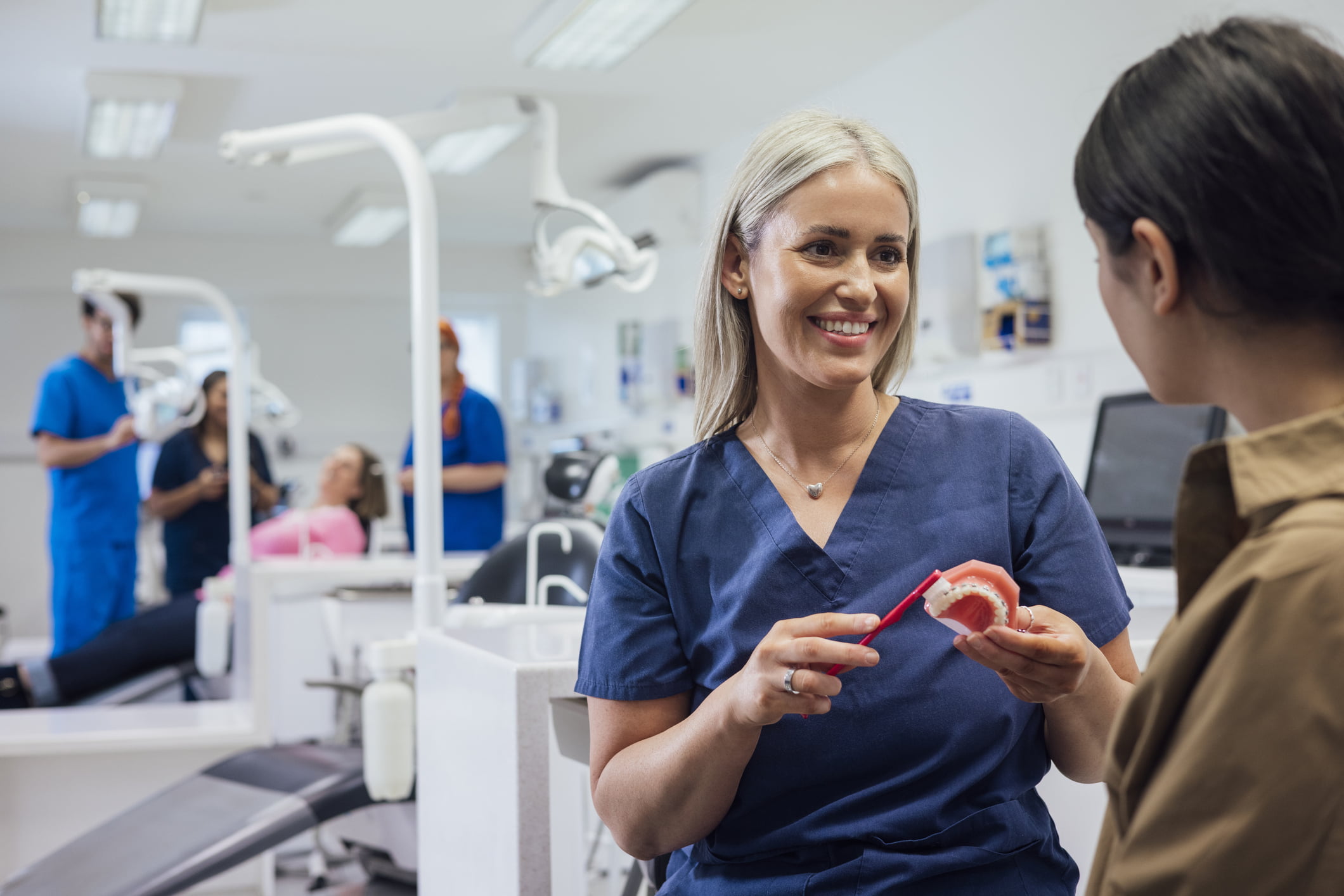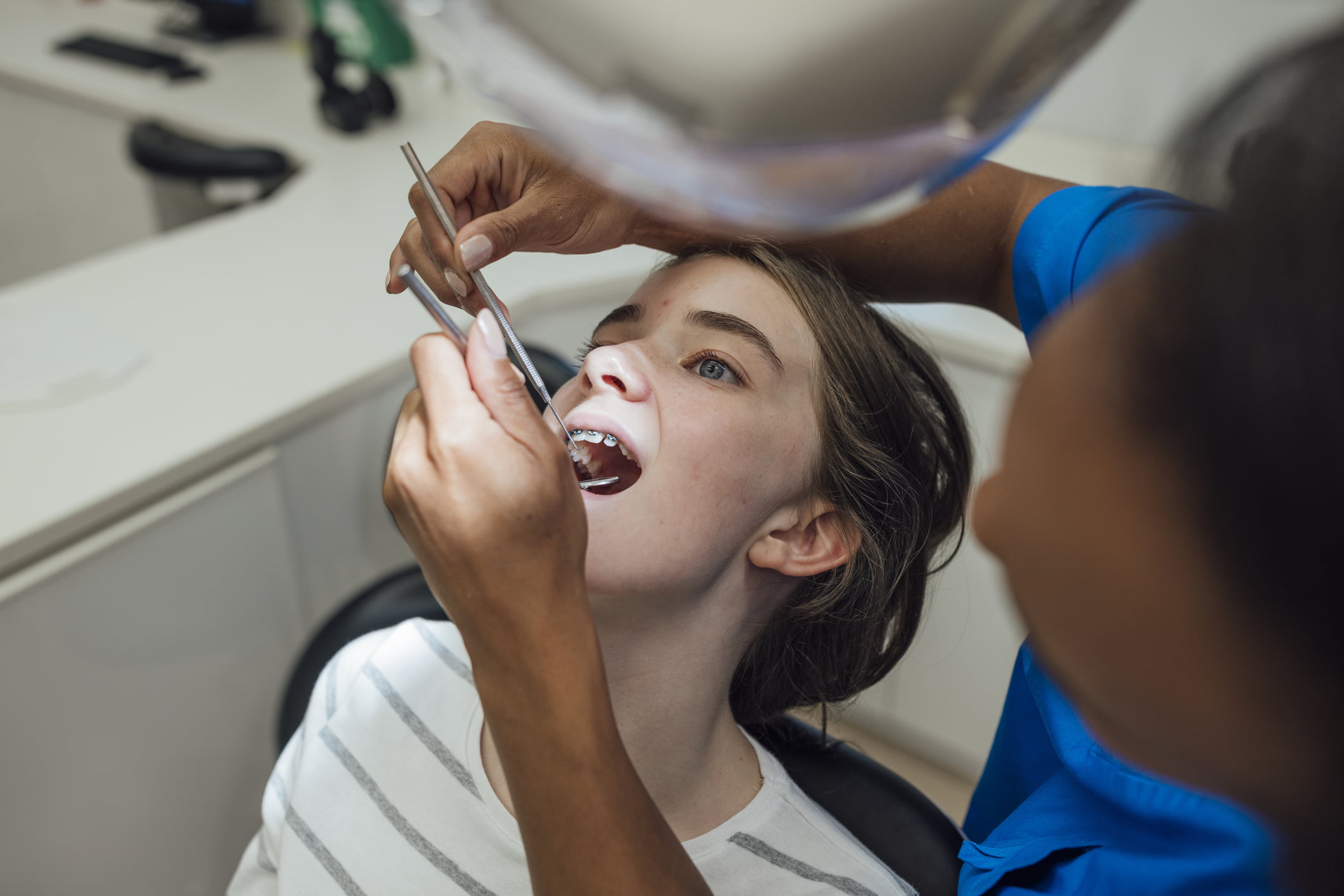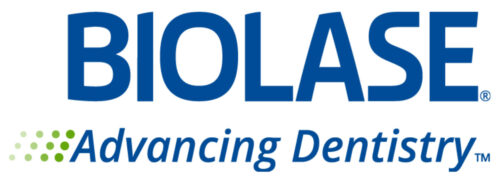What is gum disease?
If plaque build-ups around the gum line aren’t removed, the gum tissues start to get inflamed. Swollen, red gums are the hallmark of the early stage of gum disease, gingivitis. The irritated gums bleed while brushing, making them vulnerable to the bacteria that are present in the mouth.
If gingivitis is left untreated and the tartar deposits are left at the gum line, the gums start to recede as a result. This leads to pockets developing between the gum and the tooth, exposing the sensitive and vulnerable tooth root. Once plaque and tartar build-up on the root, it’s much harder to remove. This part of gum disease is called periodontitis and isn’t reversible like the earlier stage. It can be managed by a dentist or periodontist through more extensive periodontal treatment.
Book a dental hygiene appointment






